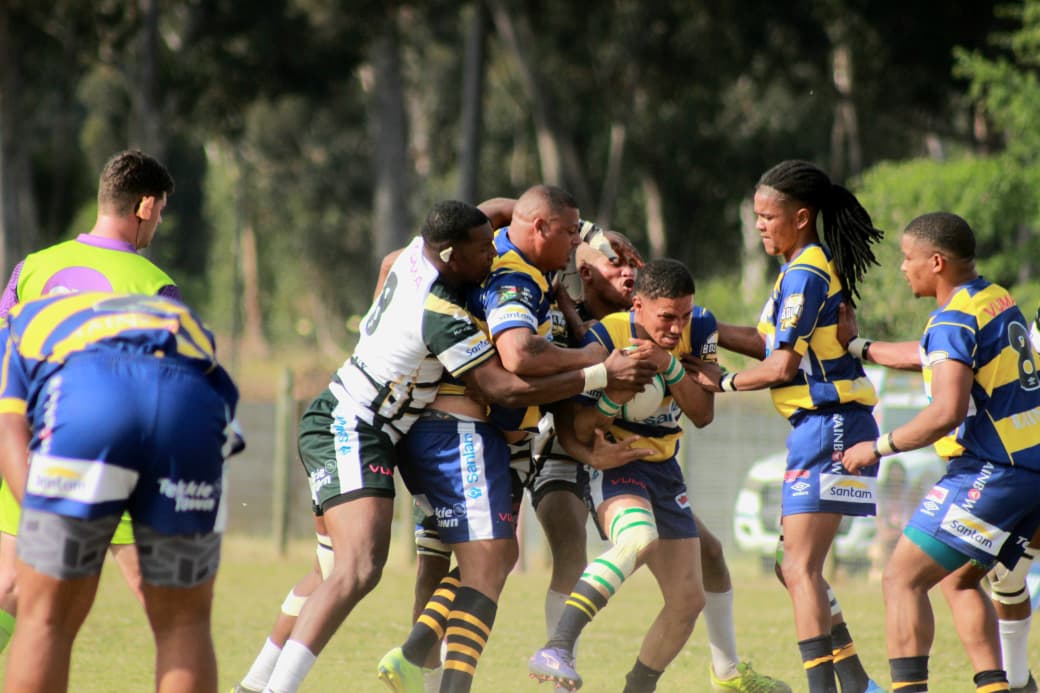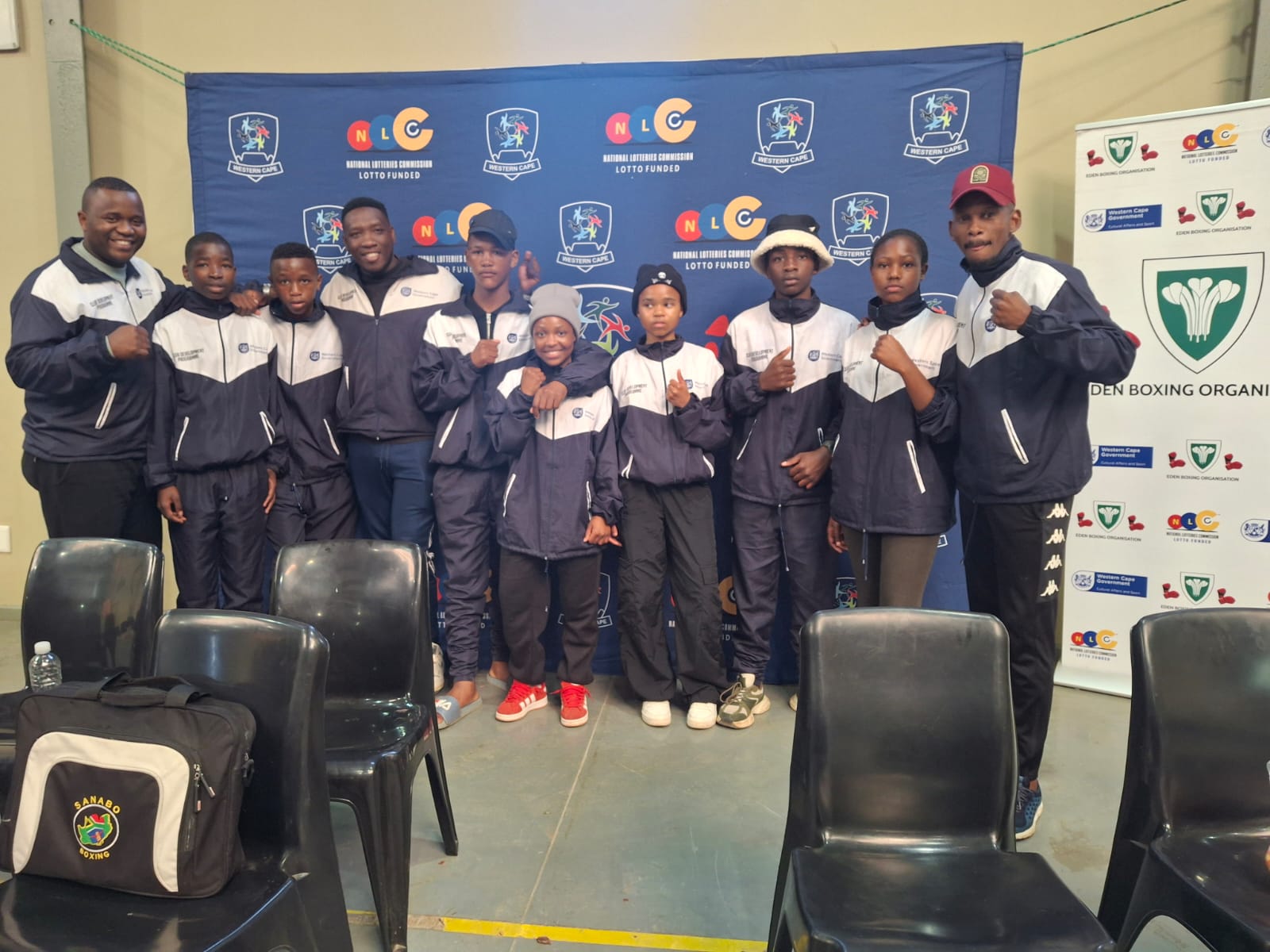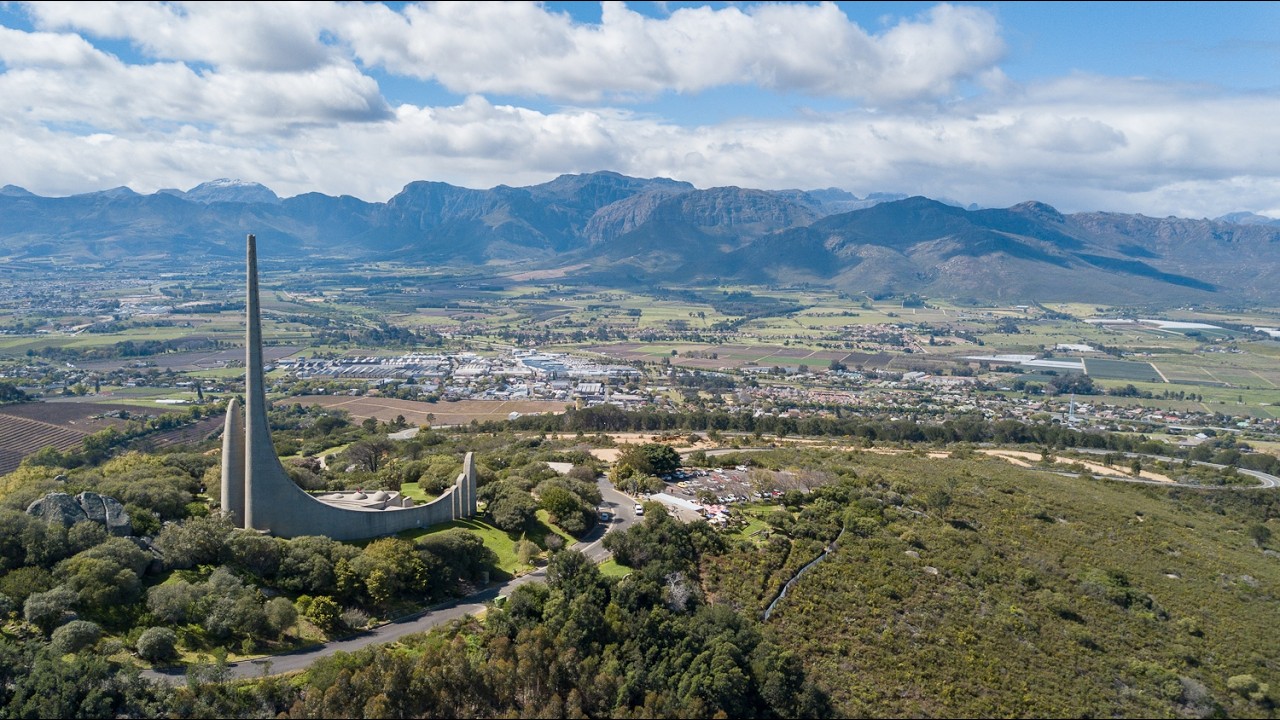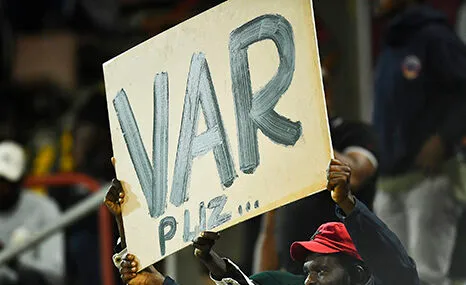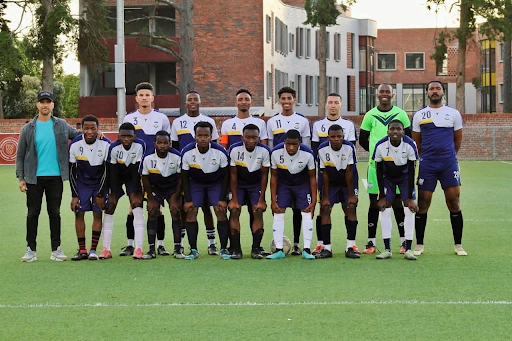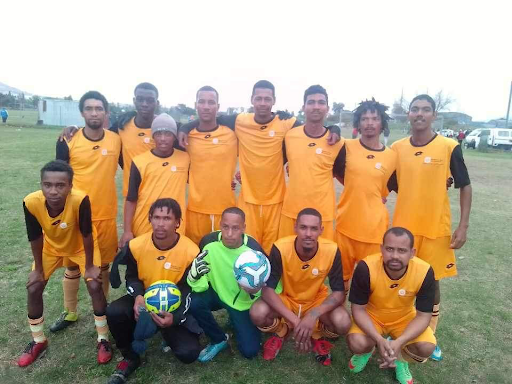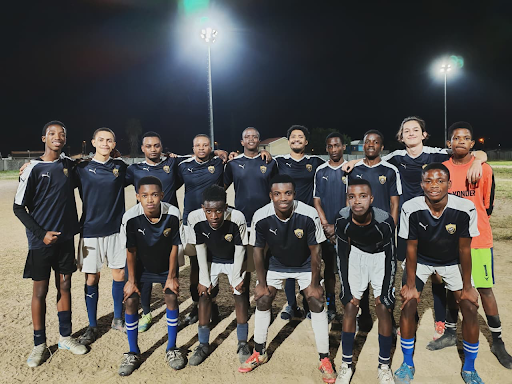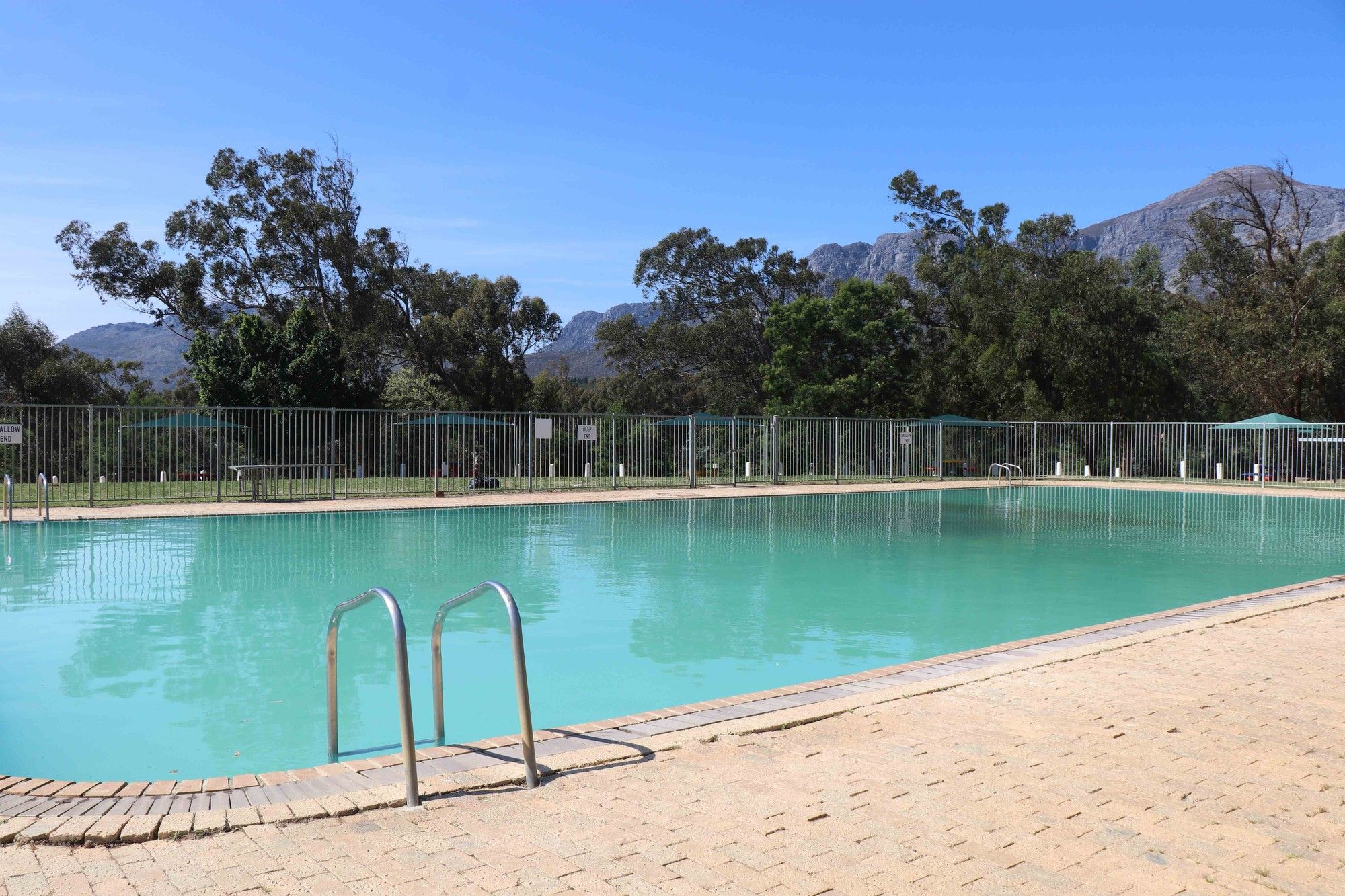Khoisan Village and the Fight for Land Rights in Houtbay
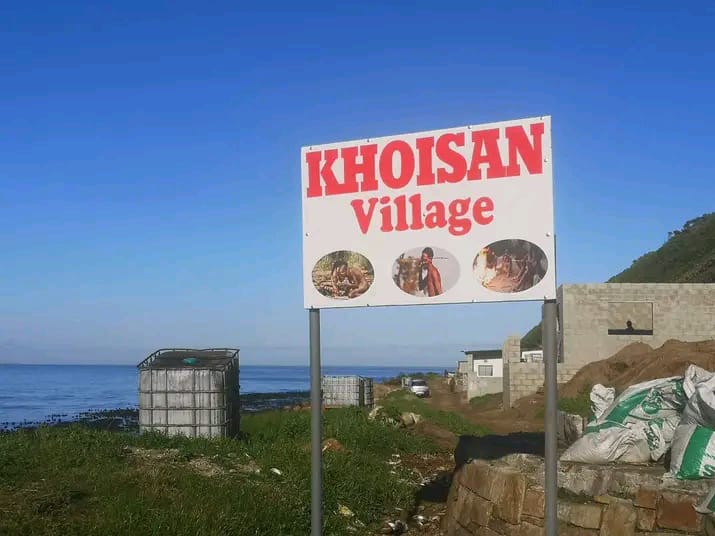
The Khoisan Village in a coastal suburb in Hout Bay, Cape Town is engaged in a long-standing dispute with the Department of Forestry, Fisheries and the Environment (DFFE) over their occupation of land in Hangberg. The Katz Koranna Royal House claims its presence, grounding its claims in historical realities and international law. This situation activated discussions about land restitution, indigenous rights, and environmental management.
The Village was established to address housing shortages and the long waiting lists affecting residents. This village is located within the Table Mountain National Park and the Marine Protected Area coastal zone. The land in question was previously used as a Municipal dumpsite. The community views their occupation as putting rights to the apartheid-era land planning, which restricted Khoisan and coloured residents to a small portion of the Hout Bay valley.
_1755192580.jpeg)
The community was established over 10 years ago, with noble development in the last four years. Fifteen families are currently residing in the village, with ten more families in the process of building their homes. Despite the residents' claims of indigenous entitlement, the DFFE served a compliance notice demanding that residents stop construction and demolish the structures due to illegal housing.
The community believes the actions taken by the DFFE breach the 2011 Hangberg Peace and Mediation Accord, a Western Cape High Court order that prioritises negotiated settlements over forced evictions. The community argues that their plans prioritise not just shelter, but also environmental protection. Firebreaks, gabion construction to prevent erosion, and a Community-Based Natural Resources Management (CBNRM) plan developed in cooperation with authorities all form part of the community’s plans.
However, currently, there is no access to basic services in the community, such as sanitation or electricity, and the emerging threat of eviction leads to constant uncertainty. The DFFE stands on the grounds that structures are unlawful and environmentally dangerous, while the community proclaims that their occupation is both a matter of justice and sustainable living.
Community leader Reagan James highlights what he perceives as a double standard, he says, “There is a hotel that sits across the water and there is no road between the hotel and the water, so they are all in MPARs side. But now we must get eviction letters telling us we are illegal. There are people who live on the beach and on the rocks, so the water is hitting their places. It is unacceptable to us that we have to demolish our homes, and they are allowed to stay."
The Khoisan Village dispute emphasises the intricate nature of South Africa's land issues, including indigenous rights, environmental concerns, and urban planning coverage. As for the community, this is not a case of unlawful occupation but a retrieval of heritage and dignity. The Khoisan village cries out for teamwork rather than confrontation, seeking a future where their community can coexist with the environment they want to protect.

